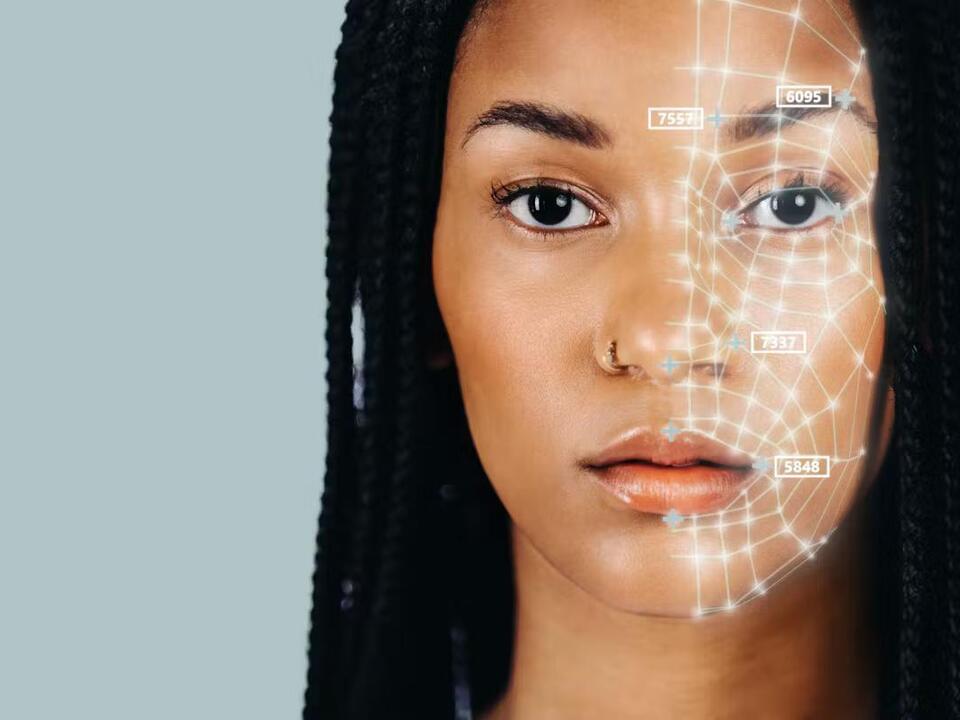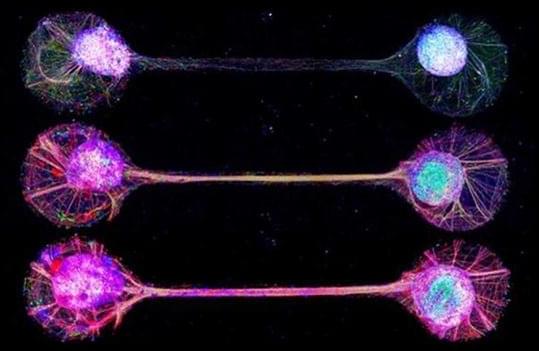Is time an illusion? If not, what is time? Why does time flow forward? You are watching this video. Your brain cells are firing in anticipation. A story is unfolding. Time is moving forward. Or is it? What if I told you that nothing is happening. There is no story unfolding. The story has already been told. The video has already been uploaded and seen by others. You are just watching it one second at a time, so there is a story unfolding for you only. What if your entire life was like this video upload, like a DVD. The story of your life is already on that DVD. The only difference is that you don’t have a forward and reverse button. You are forced to experience your DVD one moment at a time. There is some strong scientific evidence that this may be the true nature of reality. If so, that could mean that everything you think you know is utterly an illusion. Einstein’s theory of relativity supports something called the block universe, which is really a four dimensional space time structure. This means that every event has its own coordinates not only in space but in time. So for example, wherever you are right now corresponds to a location in 3 dimensions, like London, England — and a location in time, 2PM on Feb 2, 2019. But just like the space 10 feet ahead of you is as real as the space 10 feet behind you, so too is the moment 10 minutes into the future and 10 minutes into the past. In other words, the past and future exist just as much as the present. MIT physicist Max Tegmark says we can view the universe as a three dimensional space where stuff happens, or four dimensional block universe where nothing happens. If it is the latter, he says, then change is really an illusion, because nothing is changing. It’s all there – past, present and future – like a DVD. A drama maybe unfolding in the movie recorded on the dvd, but nothing about the DVD is changing in any way. We may have the illusion, at any given moment, that the past already happened and the future doesn’t yet exist, and that things are changing. But the only reason we may have a past is that our brain contains memories of the past. If we did not have any memories, would we have any sense of the past, or of a sense of time at all? Is it possible that time doesn’t actually exist except through our perception of it? Physics doesn’t help us when it comes to the arrow of time – it is time-agnostic. If time was running backwards, all the equations would still be valid. So mathematically, physics does not say that time goes forward or backward. It just says that time Time can not be zero, but it can run either forward or backward without violating any laws. Time is symmetric. But this is counterintuitive. Reality seems to be telling us that time does exist, and that its arrow points in only one direction — forward. Why doesn’t the arrow of time flow backward, if physics says it is equally likely. It would have been possible if it were not for one aspect of physics, and that is the law of entropy. Entropy is a measure of the disorderliness of the universe. Things always get more disorderly. You can scramble and egg, but you can’t unscramble it. This is entropy increasing. Entropy appears to be the only reason the arrow of time is what it is. But why is Entropy always becoming higher? Why doesn’t it become lower? There doesn’t appear to be any fundamental reason for that. Alan Guth, professor at MIT, who pioneered the idea of cosmic inflation, may have solved this riddle. He argues that information and entropy are almost the same thing. In order to know your past, you have to form memories. Adding memories means adding information. Adding information increases entropy. Therefore a conscious system can only be conscious in one direction – when entropy increases, which allows information to increase. This implies that we are conscious because we live in a universe of increasing entropy. Consciousness cannot exist in a universe where entropy decreases. So if entropy has been increasing since the beginning of time, it means that the universe must have started at the lowest possible state of entropy at the beginning…at the big bang. Why then did the universe start off this way, resulting in forward time? Alan Guth says that if the universe is infinitely large, then the total potential entropy of the universe is infinite. If that is the case, then any entropy you start with is low entropy. The entropy will increase from any given starting point he says. This means that it doesn’t matter what the entropy of the big bang was, it would always be the lowest entropy, because there will always be a larger entropy number that the universe can flow to. And seemingly, we exist because time has flowed in a favorable direction for causality to occur, namely, it has flowed forward in our universe. But what about the block universe, are we living inside a DVD?…watch the video for the answer.
Get the latest international news and world events from around the world.



Groundbreaking: Japanese scientists develop a technique to connect brain cells grown in the lab
I found this on NewsBreak.
According to reports, Japanese scientists have devised a technique for connecting lab-grown brain-mimicking tissue„ like how circuits in our brain work.
Researchers at the University of Tokyo released a study in Nature Communications journal that looked into making a seemingly impossible idea a reality.
The scientists discovered a new approach to establishing physiological connections between lab-grown neuronal organoids. These organoids are experimental model tissues created by growing human stem cells into 3D-developed brain-like structures.




The Closest We Have to a Theory of Everything
Check out the math & physics courses that I mentioned (many of which are free!) and support this channel by going to https://brilliant.org/Sabine/ where you can create your Brilliant account. The first 200 will get 20% off the annual premium subscription. In the diagram at 4 minutes 30 seconds, the labels for h_1 and h_2 are mixed up. Sorry about that! Subscribe to my weekly science newsletter: https://sabinehossenfelder.com/ Everything I am talking about here is standard material of undergrad physics textbooks. My personal favorite is good old Goldstein https://en.wikipedia.org/wiki/Classic… On variational principles more specifically I quite like this textbook: https://link.springer.com/book/10.100… You can support me on Patreon: / sabine 0:00 Intro 0:45 Optimization 1:35 Shortest Path 3:20 Least Time 5:36 Least Action 10:27 Quantum Mechanics 11:53 Sponsor Message.
